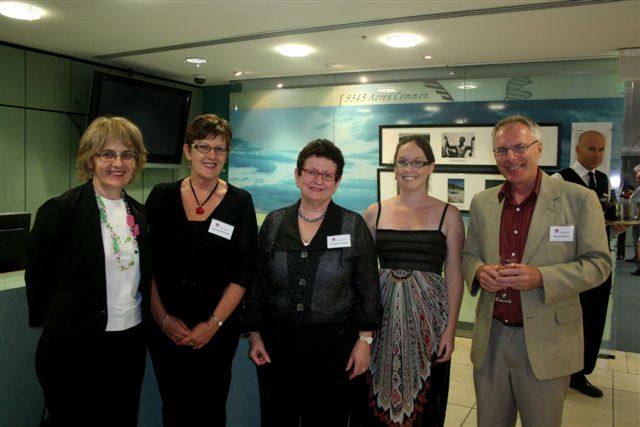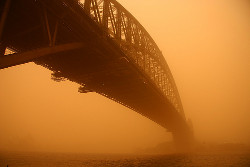Official launch of A Land Fit For Heroes
On Tuesday 8 December 2009 this website was officially launched at a function held at State Records NSW.
Over 300,000 soldiers returned to Australia from WWI. In all some 40,000 returned servicemen and women took up an offer of farming land, made possible by Soldier Settlement schemes in all the states of the Commonwealth; fewer than half remained on the land fifteen years later.

NSW boasted the largest of Australia’s Soldier Settlement Schemes. This project, which has been generously funded by the Australian Research Council, Monash University and the University of New England, under an ARC linkage scheme, together with linkage partners State Records NSW and the Department of Veterans’ Affairs, will be exploring the history of soldier settlement in NSW.
As part of the project this website, dedicated to these pioneer soldier settlers, was developed by State Records NSW in conjunction with the National Centre for Australian Studies and the University of New England.

January 31st, 2010 at 10:40 am
I have an ongoing onterest in this subject, originally sparked by Marilyn Lake’s “Limits of Hope”. I live in the Riverina of NSW. Post-WWI soldier setlement in the MIA is my specific topic of research to be developed. Because my original career was in medicine I want to examine the health outcomes for the families of soldier-settlers with an emphasis on those of the women and children. I wonder if anyone else is looking at this aspect?
I have not yet begun to look for archival material. This will start during 2010.
My background, beyond medicine, includes BA (Hons) UNE 1993/4 (Supervisor A/Prof Jennifer Clark.
Ian Stewart
February 2nd, 2010 at 3:47 pm
Yes Ian this is a very interesting area. The health of soldier settler families was indeed effected by returning soldiers who took up land. Have you read Shattered Anzacs: Living With the Scars of War by Marina Larsson that focuses on this area? It is a wonderful book and the subject of her PhD. My own research covers women soldier settlers – particularly WW1 nurses. I hope to submit my Master of Arts (Hons) this week on the topic.